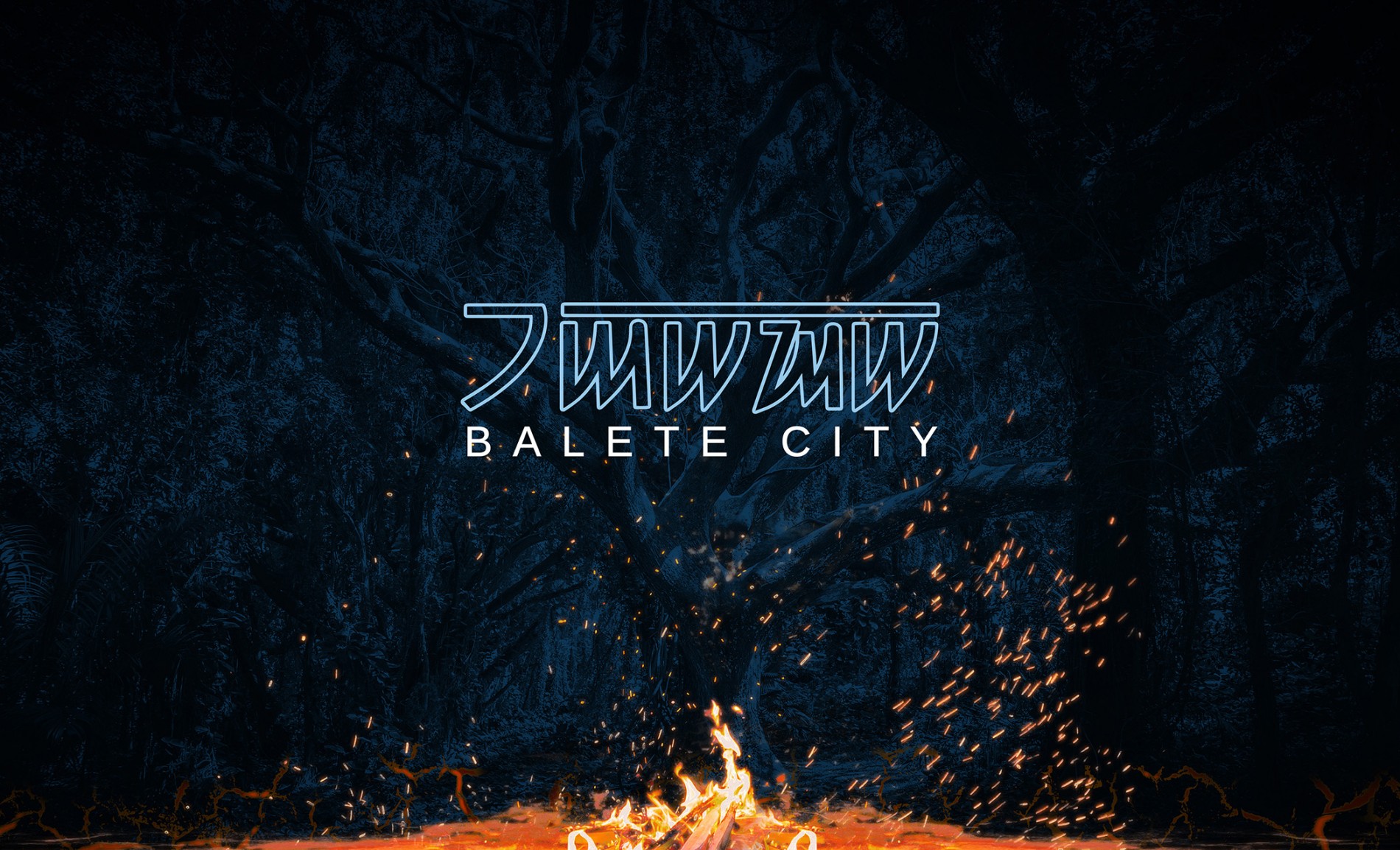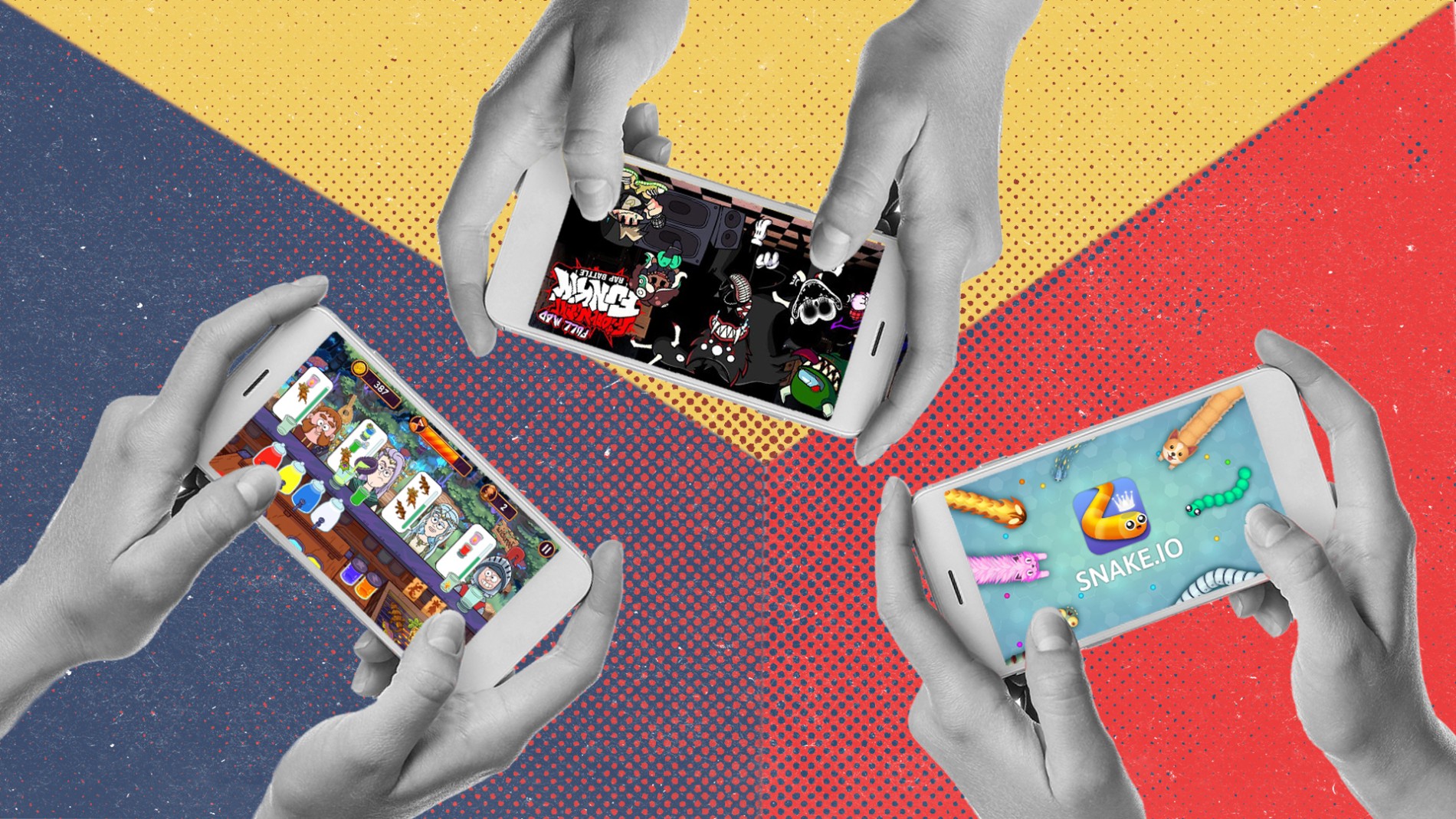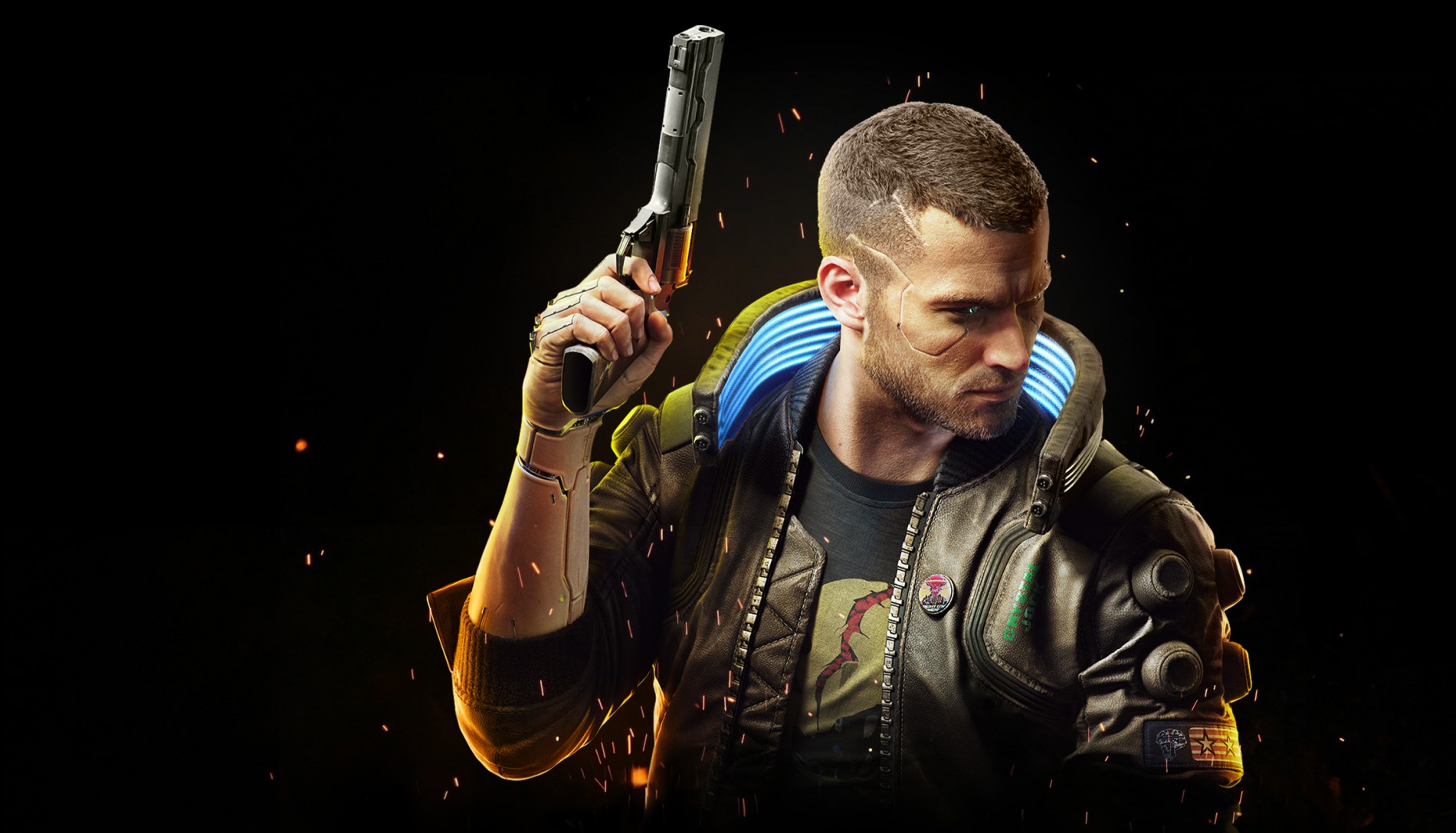
This video game is championing the Philippines’ indigenous culture
By Ivan Jethro Balagtas
June 18, 2021
Pre-colonial Filipino culture is often oversimplified by depicting witches and ghouls in repetitive horror tropes and comedy skits. Today, fewer and fewer Filipinos understand indigenous culture — the nuances of their practices and their deep regard for ancestors, overshadowed by their shallow portrayal in popular media.
Niley Bacolcol, however, is incredibly impassioned to share these overlooked ways of life to a greater audience. For years, Bacolcol has been developing the video game Balete City, a role-playing game centered around Filipino mythology, folklore, and stories from indigenous groups.
Bacolcol’s adoration for pre-colonial Filipino culture began when he worked closely with the T’bolis, a mountain-dwelling ethnic group in the South Cotabato province, Mindanao, for his undergraduate thesis. Bacolcol carried on to write stories about the mythos he came to love, eventually creating a full-fledged graphic novel, Balete High. The novel was the blueprint and cornerstone of Balete City.
"I really love what we have as a culture," Bacolcol remarked.
He saw an opportunity in gaming where his concept could thrive. Inspired by titles like Studio Anino’s Anito, he set the development of Balete City in motion by teaching himself coding and game development. Under his game development company Studio Enero, he took on the challenge of making a video game of this scale. In an interview with Esquire Philippines, Bacolcol suggested how the lack of funding is slowing the development of the game, suggesting he would need “millions” of dollars to finish Balete City. Likewise, the Balete City team is composed of a handful of talents working on a monumental task, all coordinated without a physical space with members he has yet to meet. Thus, it is impressive to see the progress made by Bacolcol and his team remotely, some from remote and rural parts of the Philippines where internet connection is scant.
Balete City isn’t even completed and yet Bacolcol and his team have already captured the attention of thousands of Filipino gamers patiently waiting for the game to be completed. Balete City’s Facebook page has, as of this writing, over 30,000 likes and their Patreon account has over twenty patrons with continued monthly donations.
Against the backdrop of a developing video game industry, Studio Enero found itself facing the two-fold challenge of narrating a faithful depiction of pre-colonial Philippines and developing a video game of this scale with limited resources.
“We recognize that it’s an ambitious project but someone has to do it.” Bacolcol told CREATE Philippines.
Learning about old civilizations through gaming
There are other video games internationally that take cues from indigenous cultures. There is Capcom’s Shinto-inspired Okami and the 2020 game Raji: An Ancient Epic, which references Hinduism and Balinese mythology. Both titles are well-received by fans and critics alike.
In fact, video games can play an important role in contemporary education. The interest in Balete City demonstrates a yearning for the pre-colonial past and a culture that is original to Filipinos, proving that the archipelago is more connected than most people think.
Artists with great ambitions often face hurdles that feel impossible, however the Balete City team is setting a strong precedent for independent game developers and the local gaming industry at large, providing Filipinos a way to rediscover their past and retell their stories. In doing so, it hopes to play its part in making the country a viable player in the global gaming market.
In the context of the local gaming industry
The game development industry in the country is still nascent — about thirteen to fifteen years, according to Alvin Juban, chairman of the Game Development Association of the Philippines (GDAP). Within that time, Juban has been around for about ten, solidifying his authority in the scene.
Juban and GDAP, the official trade union of game developers in the country, created a three-step roadmap to establish the foundations of the local game development industry. While such a roadmap normally takes a decade to complete, the Filipino game industry finished most of its steps in two years. What is currently lacking is the most ambitious and challenging part: facilitating the creation of a Triple-A video game. These are large-scale video games with multi-million-dollar backings, expected to sell massive copies across various gaming platforms.
Ambitious and scalable titles like Balete City have the potential to fill this gap but given the lack of financial support, a Filipino Triple-A title may not come in the near future.
Juban notes that what makes the Filipino gaming industry different from its foreign counterparts is that it is primarily led by the private sector, not the national government. He candidly recalled the day he met with former French president François Hollande when he visited the Philippines, along with executives from the French video game powerhouse Ubisoft.
With the assistance of Juban and his peers, the Philippines became an unexpected outpost of Ubisoft. De La Salle University eventually took over Ubisoft Philippines’ daily operations, now running projects and academic programs with the French company. Indeed, the presence of a multinational gaming label like Ubisoft legitimized the Philippines in the international game development market. Ideally, competitors will follow suit from both local and multinational market segments. Benchmarking on Balete City and the efforts of independent video game studios, we asked Juban what his thoughts are moving forward.
“I want people to try building their own games. That’s something we sorely lack... For our country to really matter in the global video game industry, we have to make games that produce astounding financial gains.”


